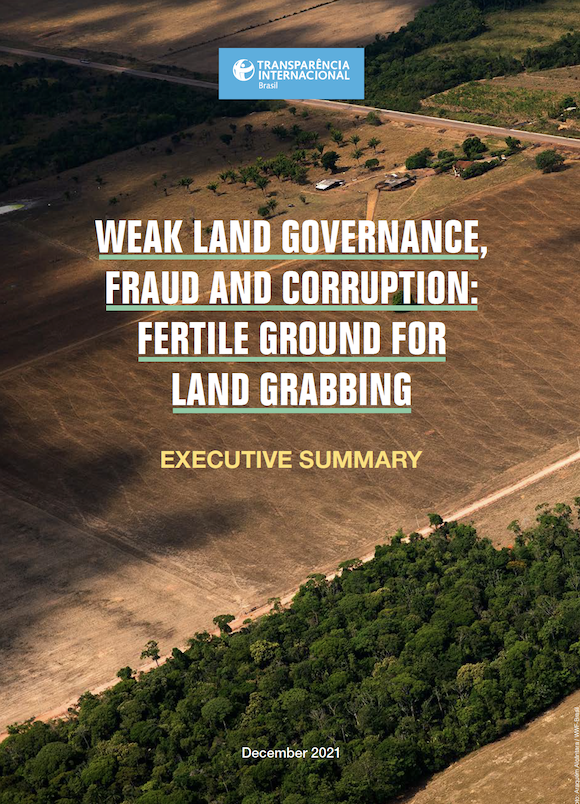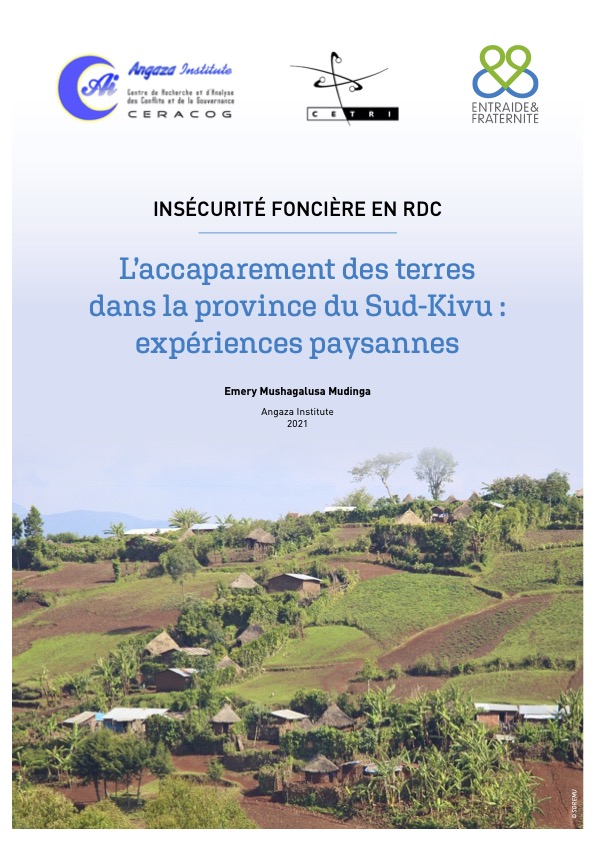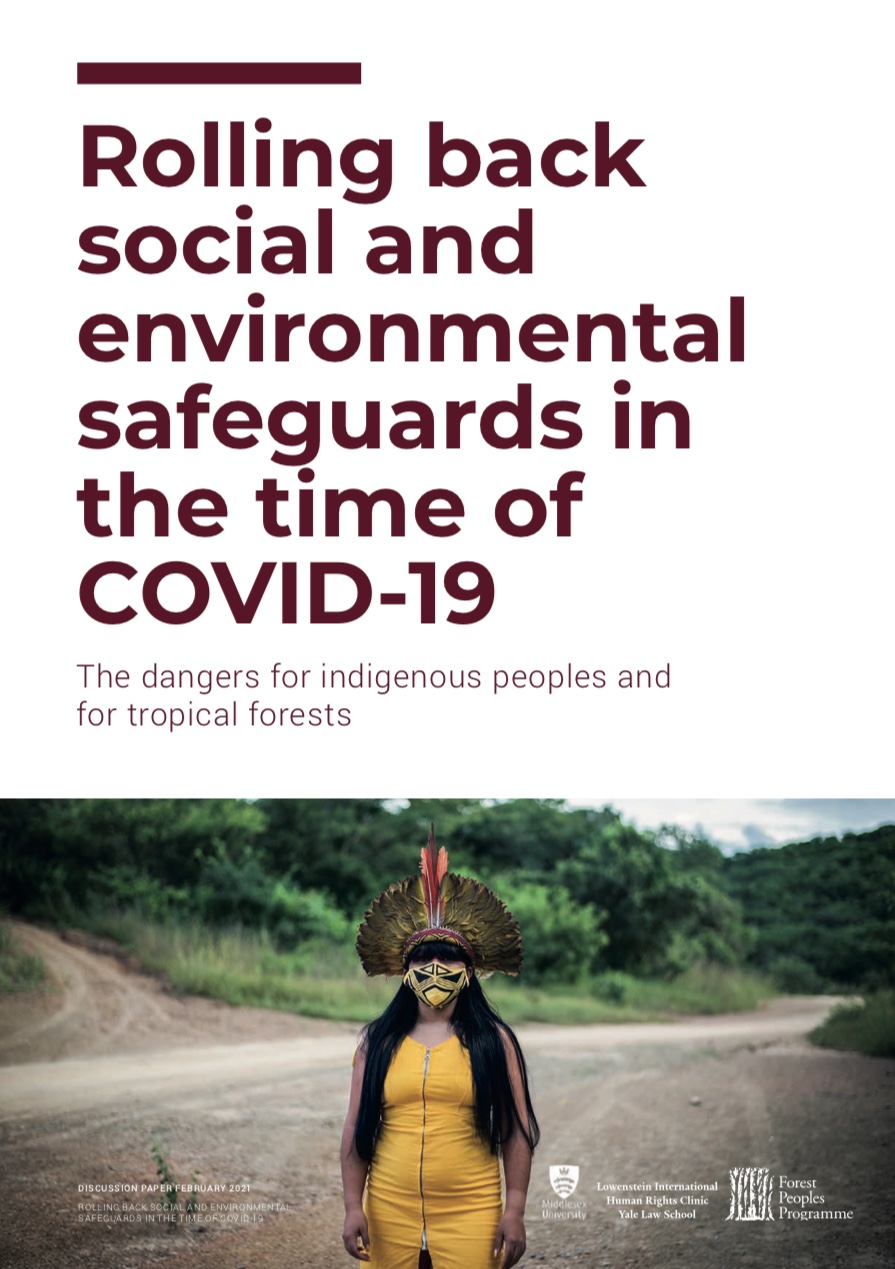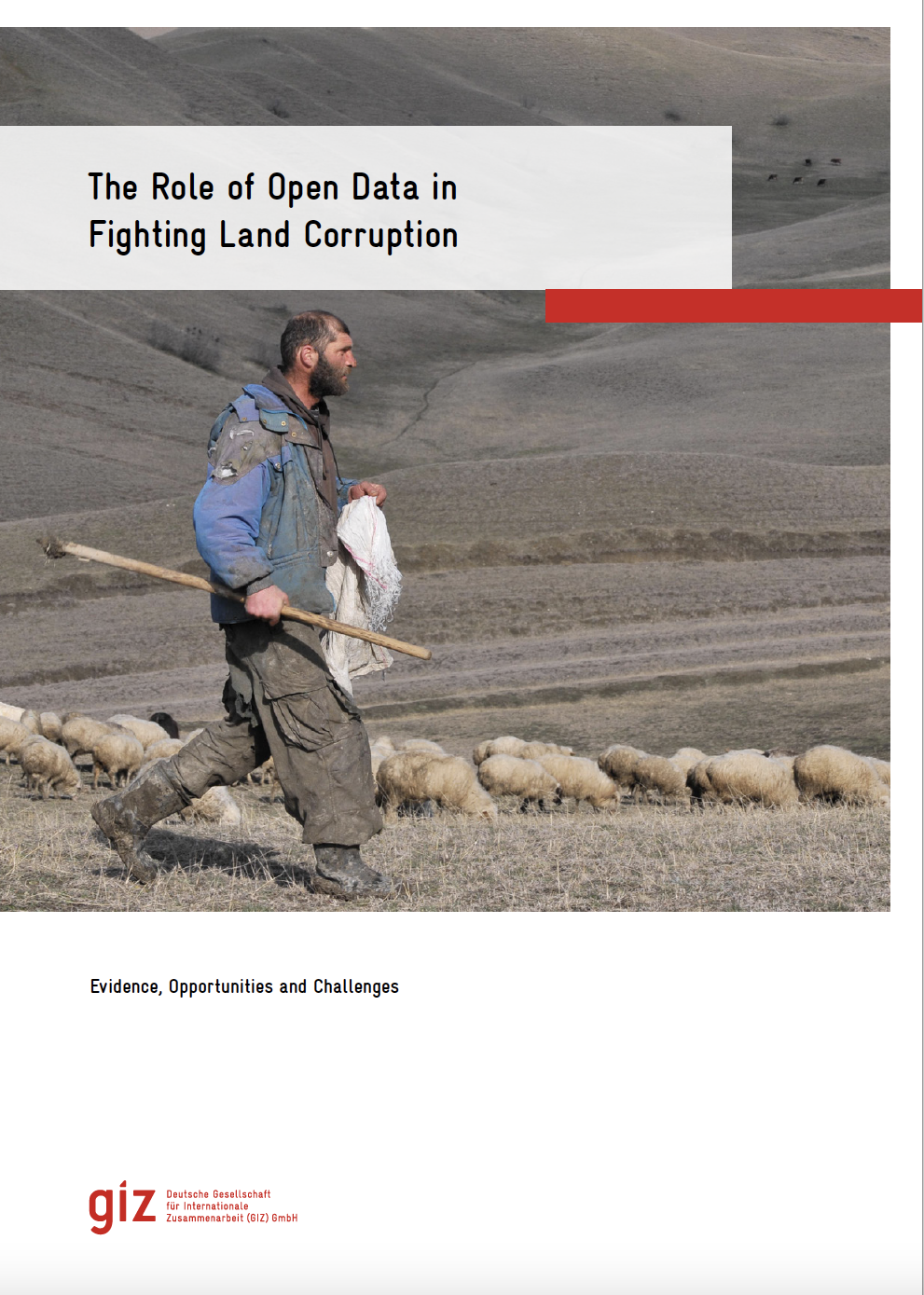GOVERNANÇA FUNDIÁRIA FRÁGIL, FRAUDE E CORRUPÇÃO: UM TERRENO FÉRTIL PARA A GRILAGEM DE TERRAS
O termo “grilagem” remete à prática antiga de forjar um título de propriedade e colocá-lo em uma gaveta com grilos para amarelar o documento, conferindo a aparência de um documento legitimo. As táticas se modernizaram, persistindo diversas práticas, conhecidas como grilagem, que buscam fraudar títulos e invadir terras com o objetivo de apropriar- -se indevidamente de áreas tanto públicas quanto particulares, muitas vezes com o auxílio de agentes corruptos, sejam eles da esfera pública ou privada.









